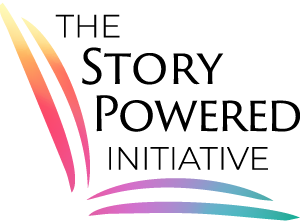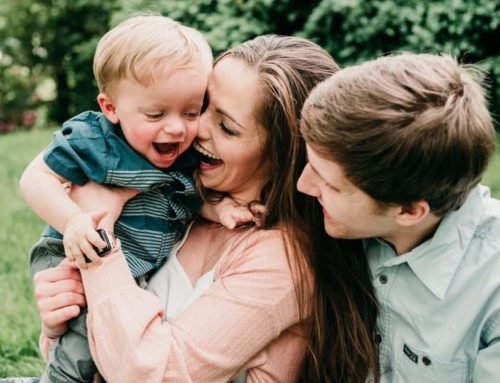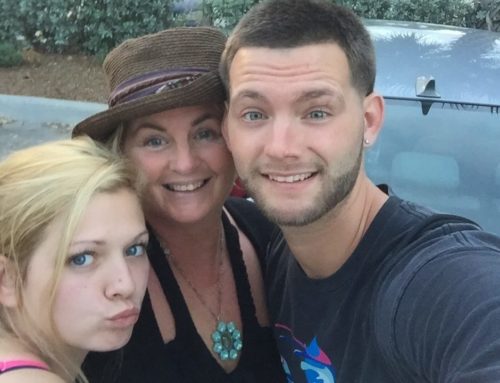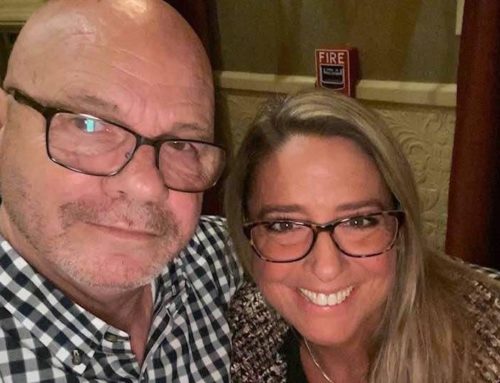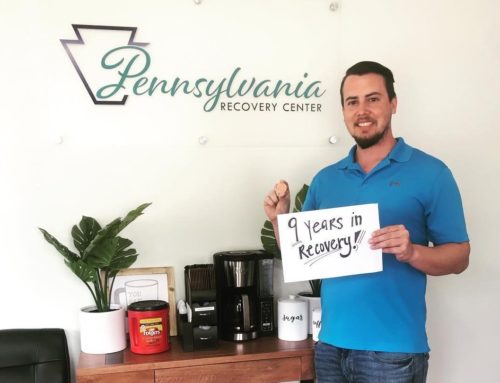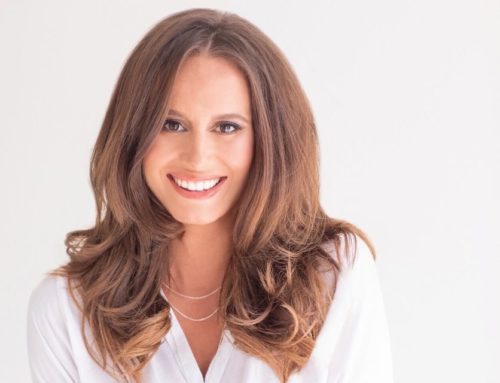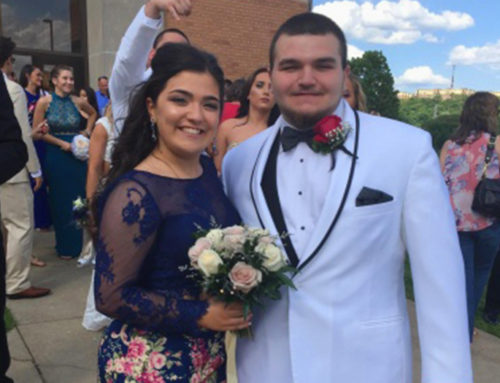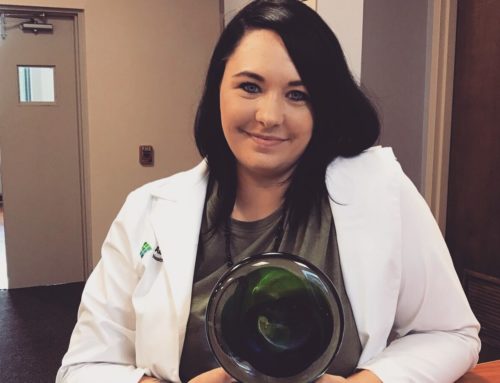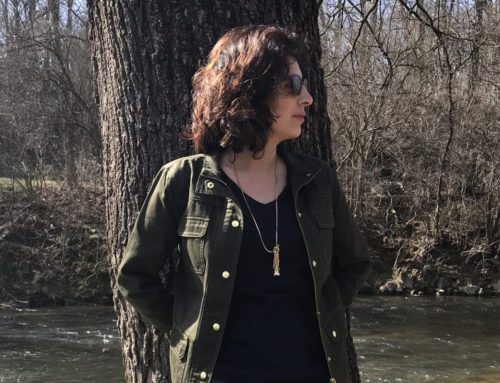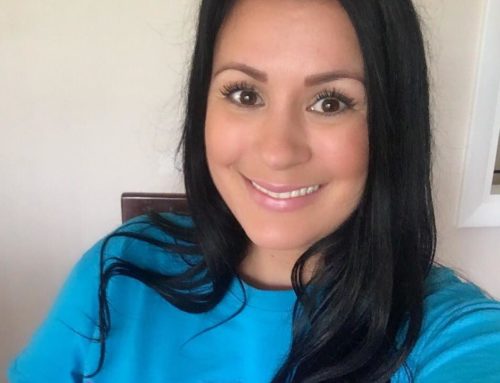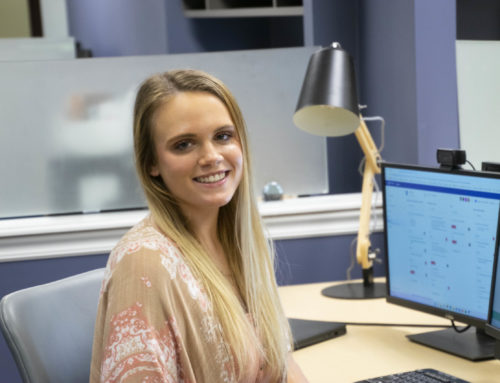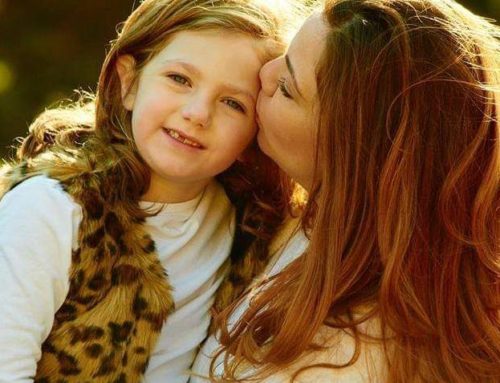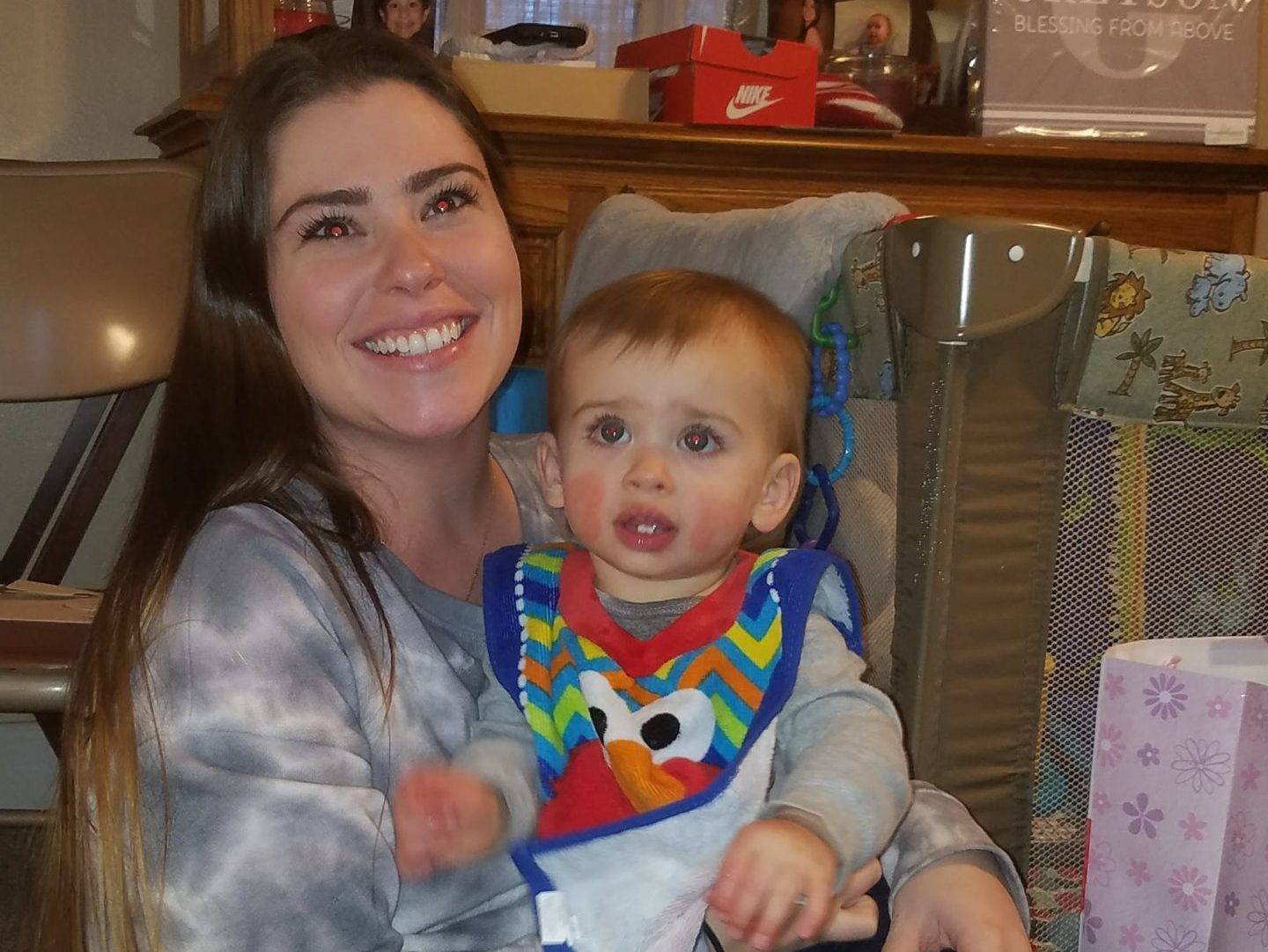
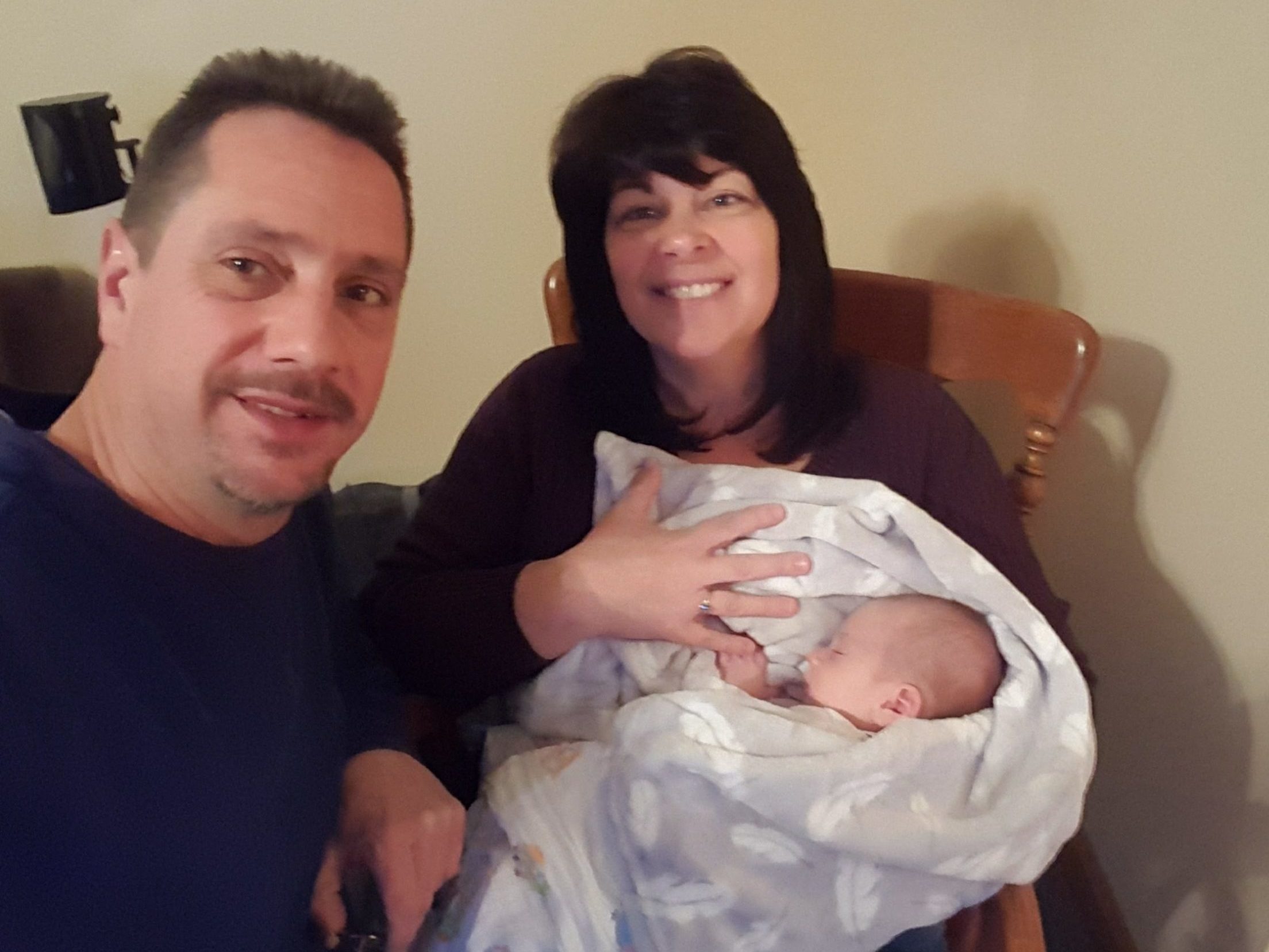
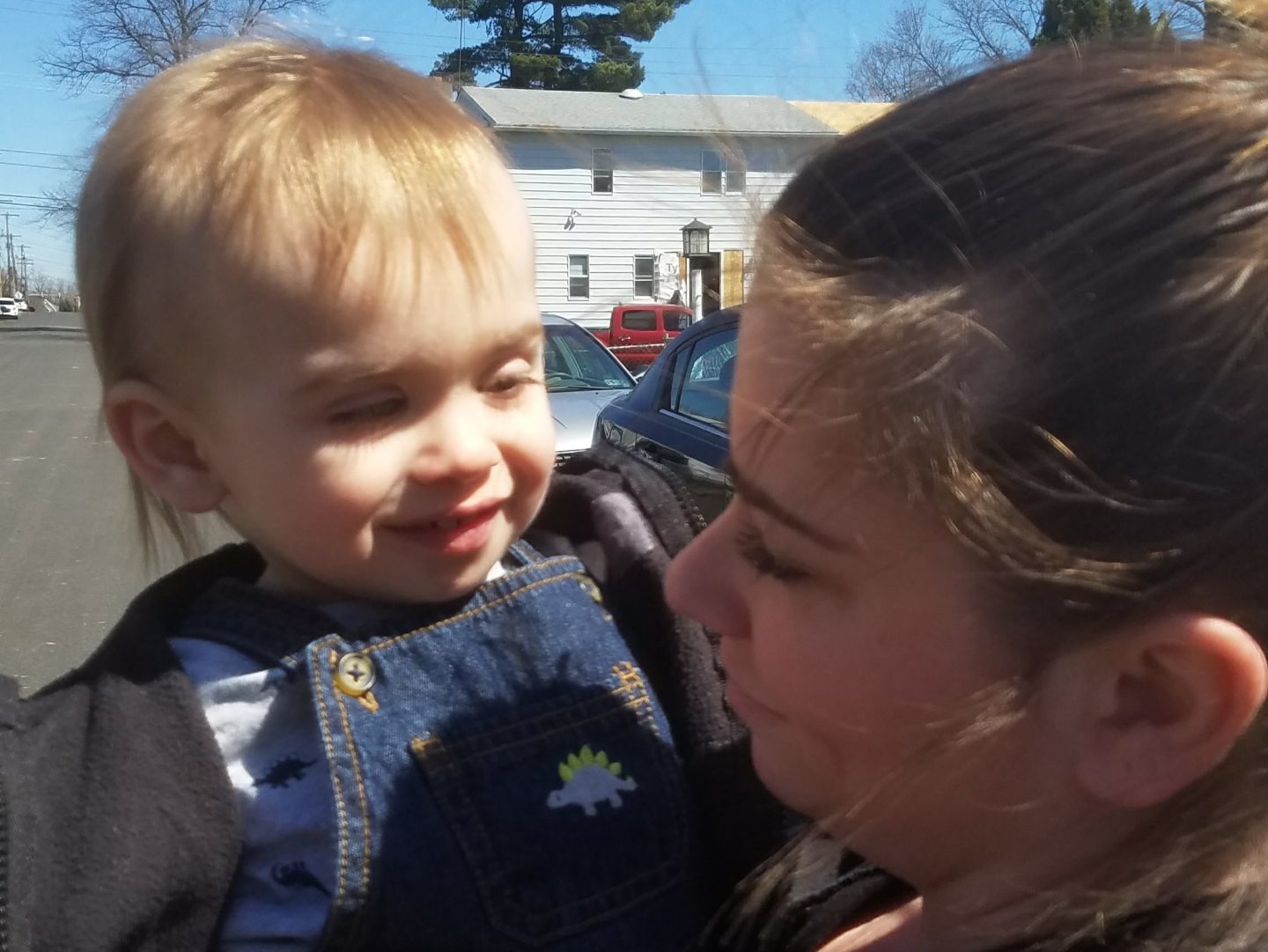
"You just have to be there to support your child while they’re on their journey and always remember to provide support for yourself."
I’ve lived in Bucks County my entire life. I grew up in Hulmeville but currently live in Bensalem. I’m a married mother of two and am currently employed as a teacher. My oldest child, Amanda, had a difficult relationship with her biological father. He was an alcoholic who was in and out of Amanda’s life. Despite this, Amanda was the model of a successful person. She had a 4.0 GPA with a full ride scholarship to a private college, was part of the starting lineup for her softball and soccer teams, worked for the athletic director, and was a very empathetic person. She was well-liked by all her teachers and won the Presidential Award for her school. When she was seventeen, her father came back into her life while he was dying from his alcohol use and soon passed away. I believe the mental health issues of his abandonment caught up with Amanda while she was away at college, and she started trying different things to deal with it. I believe addiction is a disease, and while other students were able to party and carry on, Amanda wasn’t. As a result, she began using OxyContin more and more. First it was recreational, but then became much more serious. She dropped out of college, stopped pursuing her dreams, and spiraled out of control. I didn’t realize there was any kind of issue until she dropped out.
Amanda began isolating herself more and more. She avoided family events and was quickly moving from relationship to relationship. Even though she lived less than 15 minutes away from us, we never really saw her that much. We were aware of her substance use disorder and got her into multiple detox treatment centers. She’d be sober for a few months, but always relapsed. It got so bad that she began using heroin after her OxyContin dealer gave her samples of it. Amanda couldn’t afford her OxyContin habit and switched to heroin as a cheaper alternative. She began by snorting it but quickly evolved into IV use.
On top of panhandling and stealing, Amanda began doing other illicit jobs to support her habit. She helped her dealer mark and stamp his products, delivered his drugs, injected others, and engaged in sex to get bags of heroin. She became homeless and began living in her car and eventually lived under a bridge.
One night, Amanda revealed to me that she was pregnant. I called a treatment center she had attended in the past and told them to come pick her up as soon as possible. She left with them and worked hard to get sober. Amanda was on Subutex at the time and didn’t want her baby’s first breath to be in withdrawal.
The doctors worked closely with her to wean her off Subutex and by her fourth month, she was no longer using any kind of substance. It was also during this time that she was staying in a maternity home for homeless women. When the baby was born, it was luckily born free of any kind of addiction.
Amanda moved into our home with our grandchild and had been doing well until October of this past year. My husband and I noticed Amanda often nodding out, but would let it go. Being a new mother can be incredibly tiring, and we knew she was experiencing several sleepless nights but soon learned something else was occurring. She came into the house one day, sat down and told us that she needed help; she was using again. She is now on her 20th attempt to recover from her substance use disorder. I’m still holding out hope that she’ll be able to overcome this.
I wish recovery was something that would be short and simple, but that’s not the case. Addiction goes hand in hand with mental health, and you really have to be willing to face your demons before you can get better; that’s what makes it such a difficult disease to overcome. If you suspect your child has this disease, you have to have a conversation with them. You know your child and will know if they’re not being honest. If you suspect something is going on, drug test them. Don’t feel bad about distrusting your child, you might be saving their life. Your child may not accept it, but if they’re using they need help. They will try and manipulate you into not helping them, but that’s the disease protecting itself. If you find out they are using, don’t react with anger and negativity. They don’t need anybody else disliking them (they already hate themselves enough) or not believing in them. They need love and support.
I understand that our elected officials have several other issues they’re dealing with, but there needs to be a more comprehensive and well-funded plan to help our kids recover. There needs to be more education in our schools concerning addiction. More beds need to be made available for people who need them when they’re ready to recover. Users who commit crimes need to be held responsible but should also be given access to treatment while serving their time. Just as users should be held accountable for their crimes, dealers need to be held accountable for theirs. We need tougher laws that come down on those who sell drugs that result in overdoses.
We need insurance companies to be more accommodating of people seeking treatment. Several companies only cover so many days of treatment, and that’s not going to be effective when recovery is such a long process. We also need more treatment facilities geared towards women, especially women who are pregnant or already have children. These facilities tend to be full and are often very selective in the insurance plans they take. Most of all we need to work as a community to combat this epidemic, grandparents need daycare for the grandkids they adopt or are raising, those in treatment need transportation to work and treatment, and employers need to work with their employee’s schedule so that they can attend their outpatient treatment. We need to educate kids while they’re young and let them know that drugs hurt their entire family, not just them.
It can be very consuming emotionally to be there for someone battling addiction. I’ve given up a lot of things I enjoy doing; I’ve lost friends, I’ve divorced my husband of twenty years, and I haven’t been there as much as I would’ve liked for Amanda’s younger brother. Though she’s attempting to recover, I still don’t trust Amanda and am constantly evaluating everything, like my grandson’s health. The stress makes it hard to sleep and has caused me to take up smoking again.
Though I’ve lost some friends, I’ve found support in others that I’ve met through Amanda’s attempts to recover. When Amanda was in a recovery house and the owner of the house provided advice and emotional support that really made me stronger. I’ve become much more active in my community and have attended several classes, like Narcan training.
Together with four other mothers, I began a support group for mothers of children with substance use disorder called the Mom Squad. Today we’re 70 members strong, and we’re involved in a lot. We do walks, runs, speaking engagements, and are generally on call for other mothers and their kids. We provide resources to those who need them and sometimes just stay on the phone and talk with kids for hours so they don’t use. This is my new life and it unfortunately has me attending many funerals.
I used to blame myself for Amanda’s substance use disorder, thinking that it was something I did or didn’t do. I’ve learned through my involvement with this group that I’m not responsible for this. I’ve learned how important it is to speak up and not suffer in silence. It took me eight years to realize this but I’m glad I became open about it. Despite this, there’s still a lot of stigma surrounding this disease. My mom used to shy away from the subject and my father never wanted to hear about it. I’m a teacher and a lot of my coworkers see me as the “mother of an addict”.
This is why I am sharing my story, because it can happen to anyone. When it does happen it impacts everyone that the affected person loves. I want other parents going through this to know that they didn’t cause it, they can’t control it, and they can’t cure it. I spent too many years hiding things, avoiding things, being uneducated, and blaming myself as a parent until I realized it’s not my fault and this has to be Amanda’s journey. You just have to be there to support your child while they’re on their journey and always remember to provide support for yourself. An important aspect of providing care for yourself is being open with yourself and others. This is a disease that doesn’t discriminate, and we shouldn’t be ashamed to speak out on its impact. We need a more open conversation about this so that people aren’t intimidated from getting help or helping others who need it. We need to react faster to this epidemic because we’re losing an entire generation of kids. The epidemic is winning and we have to change its course.
